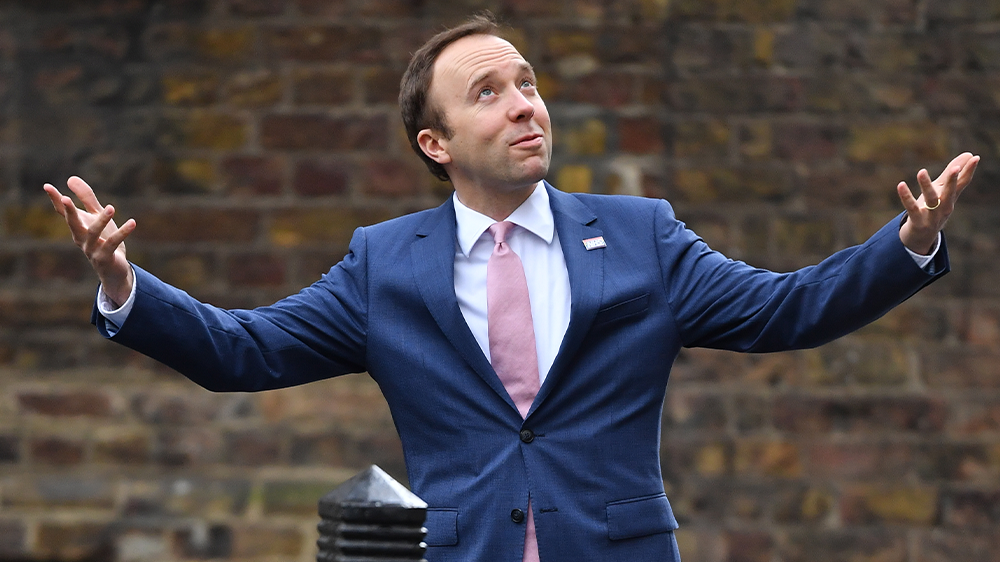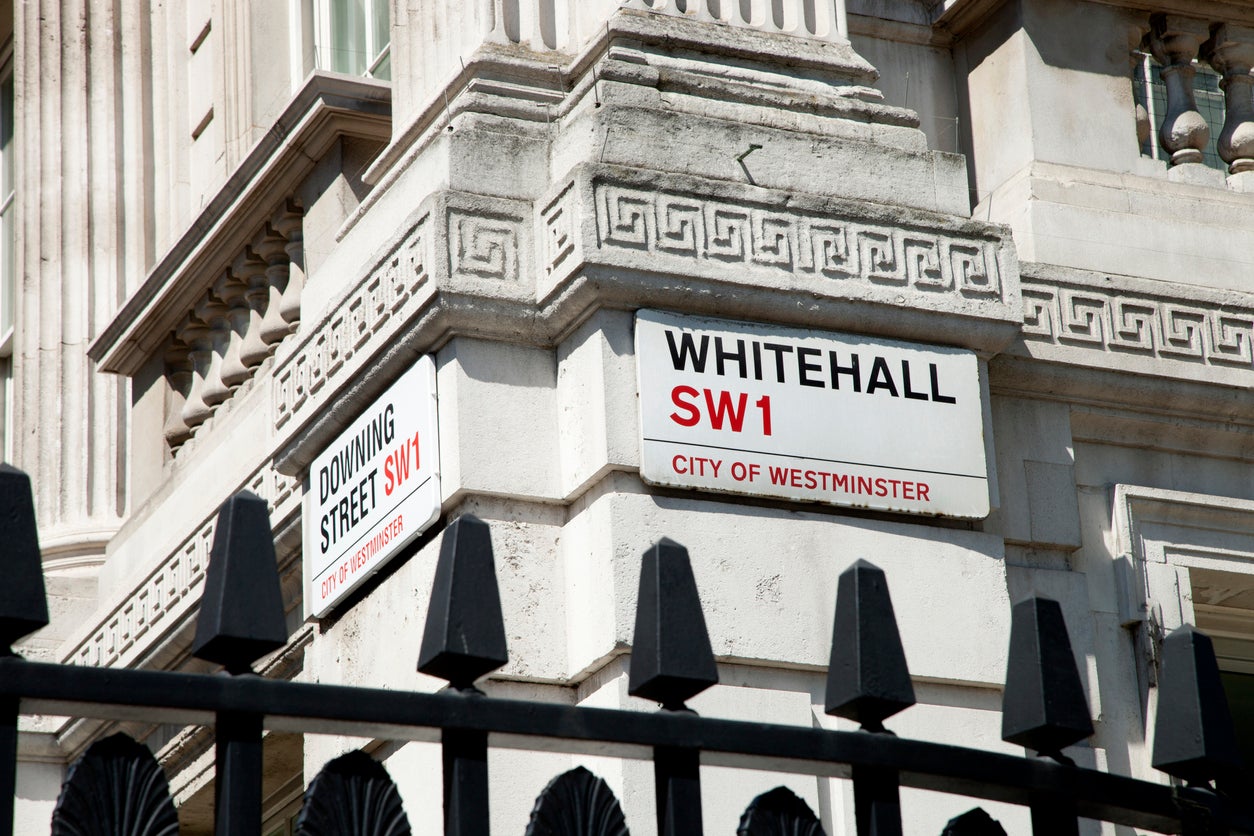
MPs are back in their constituencies for the Easter break following a busy month in parliament, with members not returning to Westminster until 17 April.
It comes after a largely successful month for Rishi Sunak in which he won a vote on the Northern Ireland Brexit plan, secured a deal with Aukus allies on nuclear submarines and oversaw the budget, which went down broadly well though it was criticised for giving an effective tax break for the top 1 per cent of the earners.
The government’s updated net-zero strategy, published last week, fared less well, with critics accusing ministers of re-heating a series of old announcements. And Mr Sunak still faces a significant hill to climb before the next election, with Labour well ahead in the polls.
March 30 was the last day of term for MPs and as has become somewhat of a tradition, a number of less favourable announcements slipped out. Whether intentional or not, the habit has been dubbed “taking out the trash day” after an episode of the much-loved US political drama the West Wing.
Here The Independent takes a look at some of the headlines that may have been missed before the recess.
£1bn worth of unusable Covid PPE burned

The amount of public money thrown away on worthless Covid PPE equipment during the pandemic has been well documented and official figures published on March 30 revealed the full scale of waste.
In total, up to 28 February 2023, 269,500 pallets of PPE have been “removed from stock”.
This equates to 3.14 billion - items removed through a mixture of recycling, “energy from waste (EFW) processes”, donations and sales.
Nearly a billion pounds worth of this PPE has been burned, including more than 570 million aprons, more than 360 million eye protectors and more than 450 million face masks.
Brexit festival attracted a faction of the audience hoped for

A government-commissioned festival aimed at bringing people together post-Brexit largely flopped, a final evaluation of the scheme has revealed.
The Unboxed science and arts festival, named a “festival of Brexit” by Jacob Rees-Mogg, cost the taxpayer £116.8m.
But the programme, announced by former prime minister Theresa May, brought together just a fraction of the audiences initially hoped for and but
Early “stretch” predictions of 66 million visitors to the festival were later scaled down to 9 million.
In the event, 20.5 million people engaged with one of the Unboxed activities over the eight months, either in person, digitally or through broadcasts.
Slightly more than 2.7 million people went to a live event – 2 million in England, 300,000 in Northern Ireland, about 34,000 in Wales and 400,000 in Scotland.
Culture minister Stuart Andrew said: “Unboxed brought people across the UK together in a celebration of science, the arts and creativity, touching the lives of millions.”
Civil servant sick time went up last year

Sickness in the civil service went up between 2021 and 2022, according to a report released in the week before the Easter break. Mental health issues were the primary long-term problem while Covid was the main reason for short-term absence.
For the year ending 31 March 2022 the average number of working days lost overall per staff was 7.9 days - up from 6.1 days in the year ending 31 March 2021.
Mental Ill-Health made up 42 per cent of long term sickness absence, followed by Musculoskeletal System Disorders on 13 per cent.
Covid-19 made up 32 per cent of short-term absence and conditions related to the respiratory system made up 15 per cent.
Special Health Authority to investigate maternity deaths is dropped
In January last year, the Department of Health and Social Care announced a separate Special Health Authority would be established to continue the independent Maternity Investigation Programme, which is currently overseen by the Healthcare Safety Investigation Branch.
The government said it had the ambition to halve the 2010 rates of stillbirths, neonatal and maternal deaths and brain injuries in babies occurring during or soon after birth by 2025.
But Maria Caulfield, a health minister, said in a statement on Thursday that “following careful consideration, the department has determined that most appropriate and streamlined mechanism for delivering the valued and independent maternity investigations is for the function to be hosted within the Care Quality Commission”.
Life expectancy slowing - but there’s a silver lining for now
A trend in increasing life expectancy in the UK has started to slow, the secretary of state of work and pensions said.
Mel Stride made the announcement on March 30 as he told MPs a decision on accelerating the rise in the state pension age to 68 has been delayed until after the next general election.
He said the “rapid rises in life expectancy seen over the last century have slowed over the last decade”, adding: “Trend seen to varying degrees across much of the developed world”.
Mr Stride said life expectancy is “still projected to improve over time, but compared to the last state pension review, these improvements are expected to be achieved at a slower rate.”







